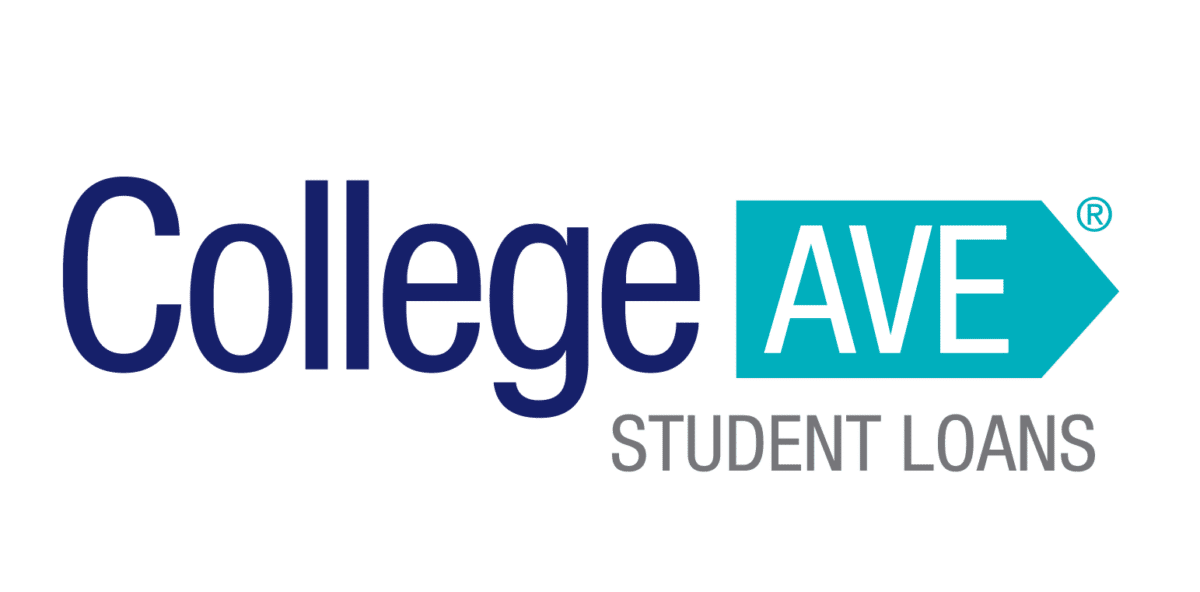
If you’re a student thinking about taking out private loans, there’s a good chance you’ll need the help of a cosigner to qualify. Getting approved for a private student loan is difficult without established credit or consistent income.
Using a student loan cosigner can help you get approved for loans you don’t qualify for on your own. Keep reading to learn more about consigners, who makes a good cosigner, the risks involved and the requirements to be a consigner.

What is a cosigner?
A cosigner is someone else who assumes financial responsibility to pay back a student loan if the primary borrower doesn’t pay. In these situations, a consigner is legally on the hook to repay the loan — this includes the full loan balance along with any missed payments or charged interest.
How does a cosigner help primary borrowers?
Cosigners can help a borrower get approved for a student loan they may not have received on their own. Applying for private student loans typically requires a hard credit inquiry.
If you are still in school, there’s a good chance you haven’t yet established enough credit to qualify for most private student loans. Many private lenders require a cosigner if you don't meet credit or income requirements.
A cosigner with good credit makes you less of a risk in the eyes of a lender. Borrowers may also qualify for a lower interest rate using a consigner, saving money over the life of a loan.
How to find a cosigner for a student loan
Asking someone to be responsible for a large debt like a student loan is a lot to ask. That’s why cosigners are typically someone a borrower has an established relationship with, like:
- Parents
- Grandparents
- Other family members
- A spouse
Just because you have an existing relationship with someone, though, doesn’t make them a great candidate to be your cosigner. It’s best to find someone who is creditworthy with a steady income. Lenders look as closely at a cosigner’s financial situation as they do the primary borrower.
What are the risks of cosigning a loan?
Borrowers benefit significantly from having a cosigner. There aren’t many benefits to being a cosigner other than helping a loved one get approved for a loan. Being a cosigner on someone’s student loans puts you at risk in many ways. Here are a few of the risks that can pop up when someone cosigns for a student loan:
- Financial risk: When a borrower can’t pay their student loan bill, the lender turns to you. Depending on the remaining balance, you could take a significant financial hit as their backup.
- Credit risk: Late or missed payments don’t just show up on the borrower’s credit report — they show up on the cosigner’s credit report too.
- Legal risk: Your lender may hire a collection agency. If a borrower doesn’t have the money, the collection agency seeks out the cosigner to pay. The lender or collection agency may sue the consigner for the owed money and extra costs like court fees or any penalties.
There’s an inherent risk that a borrower could face financial hardship, such as losing their job or becoming disabled. Even a borrower’s death could result in a financial burden for a cosigner, although some lenders may waive remaining payments in some cases.
Ensure that both you and your cosigner understand the financial obligation they take on if you can’t make your loan payments.
What is a cosigner release?
Some private lenders let primary borrowers remove their cosigner from the loan agreement once certain conditions are met. Requirements for cosigner release vary depending on the lender but often include making a specific amount of consecutive on-time payments.
Lenders want to know that the borrower’s credit has improved enough before granting a cosigner release. A borrower needs to be in a position where they are no longer a perceived lending risk. To verify this, most lenders perform another hard credit inquiry, looking at financial markers like:
- Debt-to-income ratio
- Steady income
- Credit history
- Credit score
- Other financial obligations
The idea of a future release from financial obligation may help sell someone on becoming a cosigner, but it’s not all good news. A 2015 Consumer Finance Protection Bureau study found that lenders rejected 90% of cosigner release applications. It’s unclear if approvals have increased since that time, but it’s likely that a large percentage of release requests are still denied.
Not all lenders offer cosigner release. Check with a lender to see if they offer a cosigner release opportunity before you move forward with a private student loan application.
Talk to your cosigner before proceeding, too. Your cosigner may prefer you choose a lender that does offer a release because of the financial commitment involved. Also, give your cosigner copies of any documentation or information about the loan you receive.
It’s up to the borrower to apply for a cosigner release, not the cosigner. The burden also falls on borrowers to track eligibility for a release.
Do federal student loans require cosigners?
Most federal student loans do not require cosigners. Direct subsidized and unsubsidized loans, also called Stafford loans, are need-based, so there are no credit checks. It doesn’t matter if the direct loan is subsidized or unsubsidized.
Direct PLUS loans are not need-based and do require a credit check. There are two PLUS loans available: Parent PLUS loans and Grad PLUS loans. A student’s parents take out Parent PLUS loans. Grad PLUS loans are specifically offered to graduate or professional students.
There’s a chance that a PLUS loan borrower would need what is called an endorser if you have adverse credit. An endorser is similar to a cosigner, carrying the same legal and financial obligation to pay off a loan if the borrower can’t make payments.
Where to find private student loans that allow cosigners
It’s best to exhaust federal student loan options first before applying for private loans. Federal loans not only don’t require a credit check or cosigner, but they also come with protections like loan forgiveness and access to income-driven repayment plans.
If you do end up pursuing a private student loan, there’s a good chance you’ll need a consigner’s help. Several private student loan lenders offer loan options with or without a cosigner, including for student loan refinancing. Most lenders let you check your rates ahead of time with a soft credit check, which won’t negatively affect your credit score.
If you need a cosigner, make sure you stay on top of your loan payments. The last thing you want to do is put your cosigner in a financial bind.
| Lender Name | Lender | Offer | Learn more |
|---|---|---|---|
| Sallie Mae |

|
Competitive interest rates.
|
Fixed 4.50 - 15.69%
Variable 6.37 - 16.78%
|
| Earnest |

|
Check eligibility in two minutes.
|
Fixed 4.67 - 16.15%
Variable 5.87 - 18.51%
|
| Ascent |

|
Large autopay discounts.
|
Fixed 4.09 - 14.89%
Variable 6.22 - 15.20%
|
| College Ave |

|
Flexible repayment options.
|
Fixed 4.07 - 15.48%
Variable 5.59 - 16.69%
|
